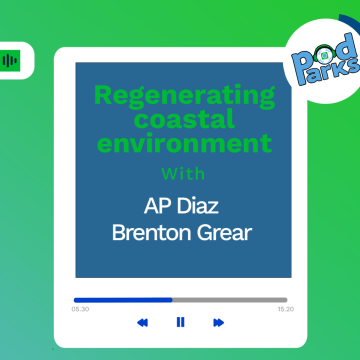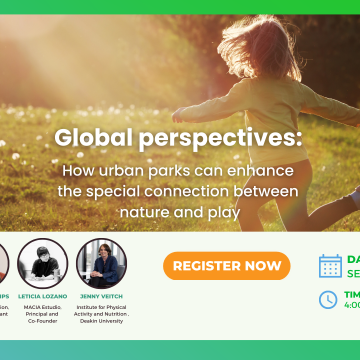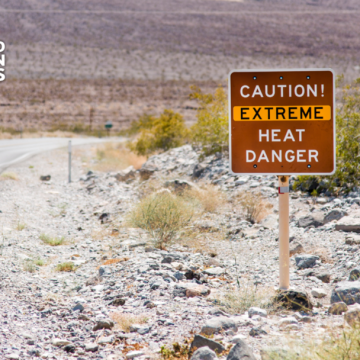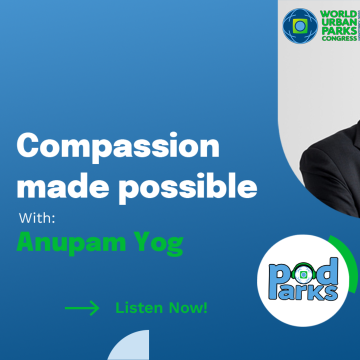CityRAP is a tool creator by DiMSUR that develops relevant and innovative tools to improve local, national, and sub-regional capacities for reducing vulnerability and building the resilience of communities to natural and other hazards in the southern African region and beyond.
Month: <span>September 2023</span>
Walk’n’Roll Cities Guidebook
URBACT Thematic Programme Expert Iván Tosics and URBACT Lead Experts Roland Krebs, Claus Köllinger, and Béla Kéz are the authors of this guidebook. Which brings together good practices from across the EU with the latest urban trends, to fill the gaps and ensure that the learning is within everyone's reach.
Regenerating coastal environments
When we think about public green, our mind sometimes goes directly towards a traditional, green park or urban forest, but beaches and wetlands and other forms of waterways are just as important.
Global perspectives: How urban parks can enhance the special connection between nature and play
Global perspectives: How urban parks can enhance the special connection between nature and play
Nature-Based Solutions in Latin America and the Caribbean: Regional Status and Priorities for Growth.
This paper, published by the “World Resources Institute” discusses how the Latin American and Caribbean region is on the verge of transitioning from experimenting with nature-based solutions (NBS) to adopting them on a much broader scale that can transform infrastructure planning and investments for the better.
Heat Resilient Cities: Measuring Benefits of Urban Heat Adaptation
The C40 Cities Climate Leadership Group posted on its webpage information regarding the impact that temperatures have on cities.
How to adapt your city to extreme heat
This article is written by C40 Cities Climate Leadership Group and C40 Knowledge Hub, and it mentions that Heatwaves are a significant but widely underestimated risk. Extreme heat events in cities can cause mortality spikes of up to 14%, lower workforce productivity, and damage roads and rail lines.
Planting more trees in cities could cut deaths from summer heat, says study
The article published in the Guardian online newspaper is a study realized by a team at the Barcelona Institute for global health (ISGlobal) suggests that Planting more trees could mean fewer people die from increasingly high summer temperatures in cities.
What Makes Neighborhood-level Climate Action Work?
This article was written by Laureen Fagan and published on the Good Men Project weblog. It explains that Neighborhood-level action on climate change is evolving, and it’s not just about green space and gardens anymore. From community-level planning for renewable energy to building efficiency or waste management, neighborhood associations within the web of a city’s structure are stepping up to deliver climate solutions.
Compassion made possible: Anupam Yog
How can we transform cities to become more human, more compassionate? In today’s episode of Podparks, we’re joining a conversation on urban transformation through culture, by revisiting a keynote speech from the World Urban Park Congress 2022 by Anupam Yog, founder of The Big Sit.
- 1
- 2









